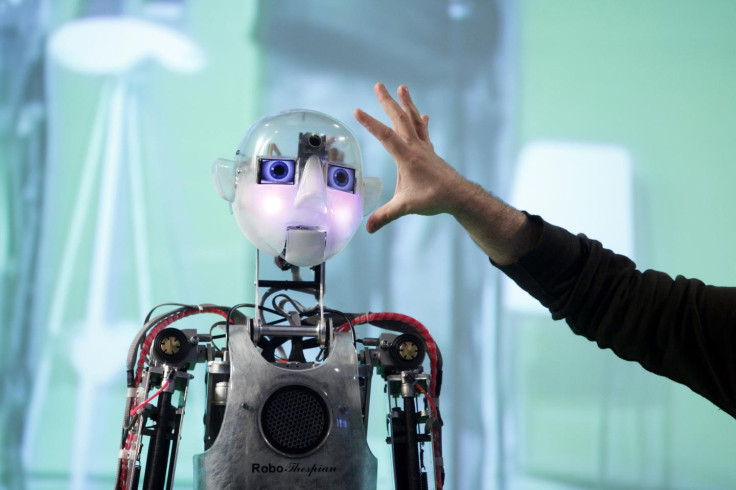CBI and Ricoh: New World Order of Robots Will Help, Not Steal, British Jobs

The Confederation of British Industry and IT services company Ricoh have urged companies to use technology more effectively in order to increase productivity and efficiency in the workplace and to stop worrying about "robots stealing their jobs".
According to Ricoh data, which surveyed 1,007 full time, office based employees in UK private companies, 75% of people said that they are less productive away from their desks as they felt that they do not have the right technology to work effectively away from the office.
On top of that a further 22% said they want to work from home but don't have the right technology, and nearly half of those who do work from home say not having the right equipment hampers their productivity.
"The overwhelming message from this research is that UK employees feel technology has vastly improved productivity in and out of the office, but there is still a lot of room for further improvement," said Phil Keoghan, CEO at Ricoh UK.
"With the recent drive towards a mobile workforce, it is surprising that so few people feel they are as productive when working at home or away from the office.
"This is not about spending a fortune on technology, it is largely about making simple policy changes to allow people easy access to company networks, providing people with laptops and tablets, and training them in how to use them."
Speaking to IBTimes UK, CBI's director for employment and skills' Neil Carberry added that the British economy would be better off embracing technology and stop fearing the robots will replace jobs and view the digital evolution as an opportunity to maximise efficiency.
"Technology is a fundamental part of how people will benefit in the UK as it will help businesses' productivity rise and in turn help wages increase with the rise in efficiency," said Carberry.
"People need to stop worrying about the New World Order, post-financial crisis, about labour being replaced by robots and see it as great potential in raising skill levels."
Office for National Statistics data shows that 30.76 million people are employed in the UK.
However, a joint report by big four accountancy firm Deloitte and the University of Oxford said that Britons earning less than £30,000 a year are likely to have their jobs taken by robots over the next two decades as 10 million UK positions are said to be eliminated in favour of automation.
The report falls neatly in line with previous estimates that robots will steal around half of all jobs around the world in the not too distant future as the globe has entered a second age of machinery that will have a more profound effect on society than the onset of the industrial revolution.
Meanwhile, Ricoh UK's director of outsourcing operations Alan Mason told IBTimes UK that Ricoh itself was leading by example by listening to employees about working hours and implementing more technological capability to allow people to work away from the office, has led to an increase in business productivity.
"By listening to employees and giving them the technological tools to work away from the office, it has led greater productivity and longer opening hours for the company," said Mason.
"We are now open 7 in the morning to 7 in the evening because people are able to work under non-standard office hours. We have also cut office space down because of this. Organisations need to trust their employees too."
© Copyright IBTimes 2025. All rights reserved.






















